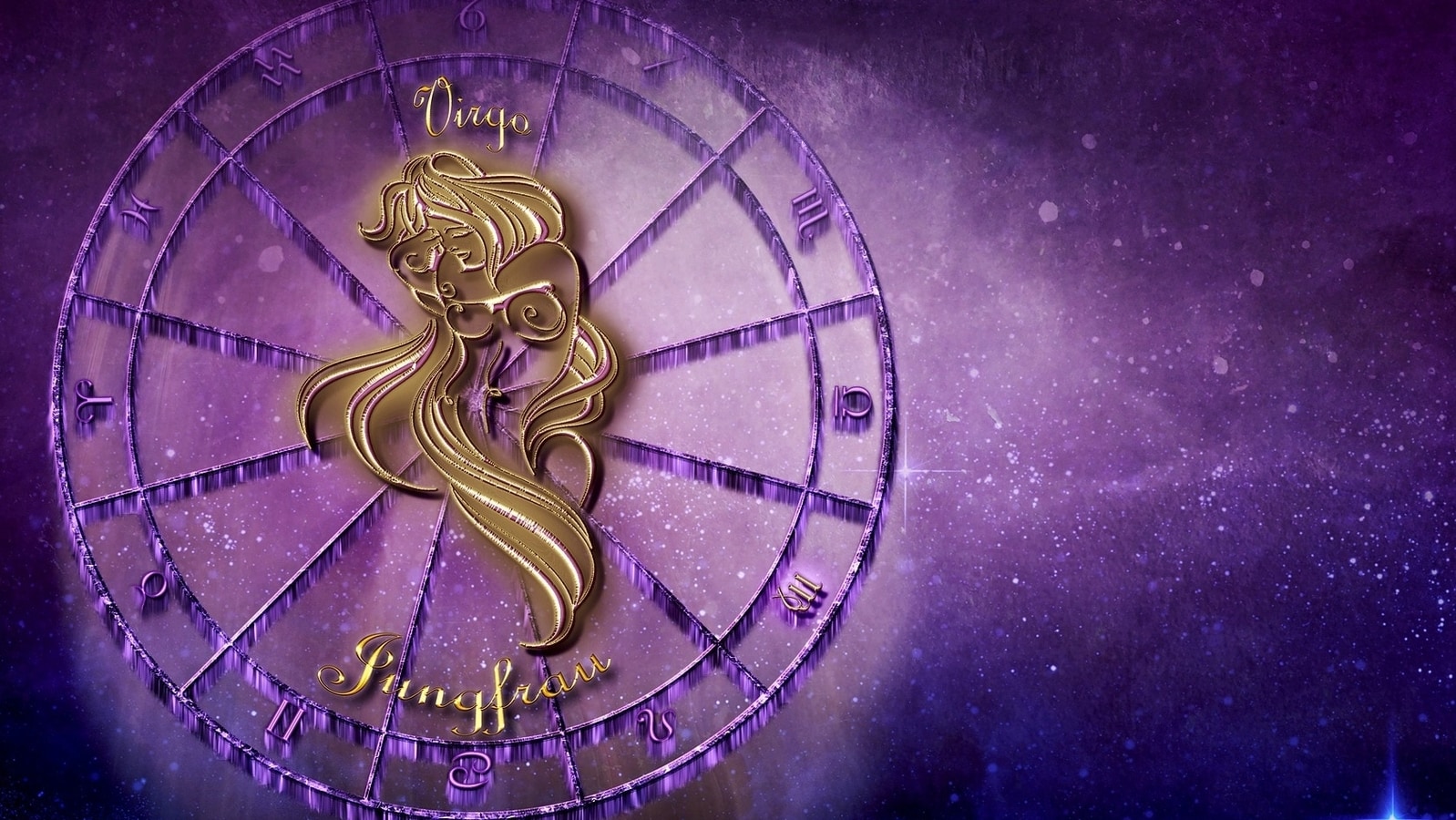A conversation in our communities is about how the separation of church and state should work. An original definition of church means the congregation, the gathering of people – only later referring to particular Christians or the building where one worships. Religion refers to a personal or community set of beliefs and practices based on a relationship with a supreme being. Informally, we speak of religion as a dedicated action — it is exercised religiously (I hope so!).
We have come to know the state as shorthand for a nation or a city – essentially a society. The state operates through politics and government. Of the various meanings of politics, including the workings of government, my favorite is this – “the complex set of relationships between people living in society”.
In Buddhist practice we have sangha – the community of practitioners. They are followers of the teachings of the Buddha, who come together to practice meditation, ethical conduct, acts of wisdom and compassion. We can see the similarity with the original meaning of the church. Buddhists focus on our human ability to realize the truth of this life and reduce suffering for ourselves and others, more than belief in an external god or savior.
Those who practice a religion and those who enter public office through political or governmental office both seem to engage in “the complex set of relationships between people living in society”. In a religious or spiritual community, members follow the authority of their sect – to a greater or lesser extent. However, his faith is also very personal. The question then becomes – from what source – ethical, spiritual, practical, economic – or some other unnamed source – does the functioning of a government derive?
The Buddhist perspective teaches the interdependent nature of life – that nothing that exists (such as a law, a belief, a human being) can be independent or separate from everything else – everything else is the condition for this law where this belief arises. For this reason, we can never have a true separation of our beliefs from the governance of our communities.
To be in tune with this truth, we must remember the foundation of all religions. This valley’s interfaith work clearly shows that religions have more in common than differences. What do religions teach? The great Buddhist teacher, the Dalai Lama said that his religion is kindness.
If we can remember the foundations of our religions—love, kindness, patience, generosity, compassion, acceptance—we can show kindness to all people and all situations. The governance choices we make next will flow from our good hearts, rather than what we think coincides with a conceptual set of beliefs.
In religious practice as in governance, the directive is service. Since we cannot separate our religion(s) from our legislative process, let us remember to aim for what is beneficial to society, to support individuals and families, and to develop a resilient society and vibrant communities.
Karen DeCotis is a Buddhist priest of the Soto Zen tradition. She leads the Bozeman Zen Group and teaches at the Bozeman Dharma Center.
 AD Roberts
AD Roberts



